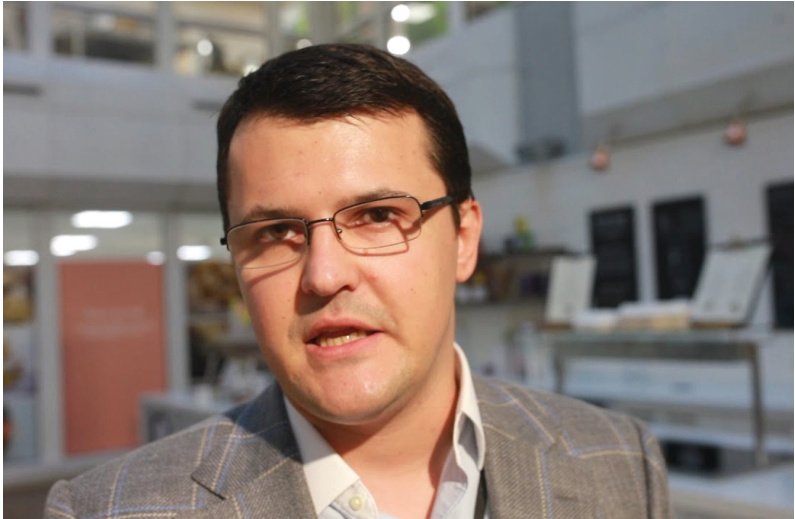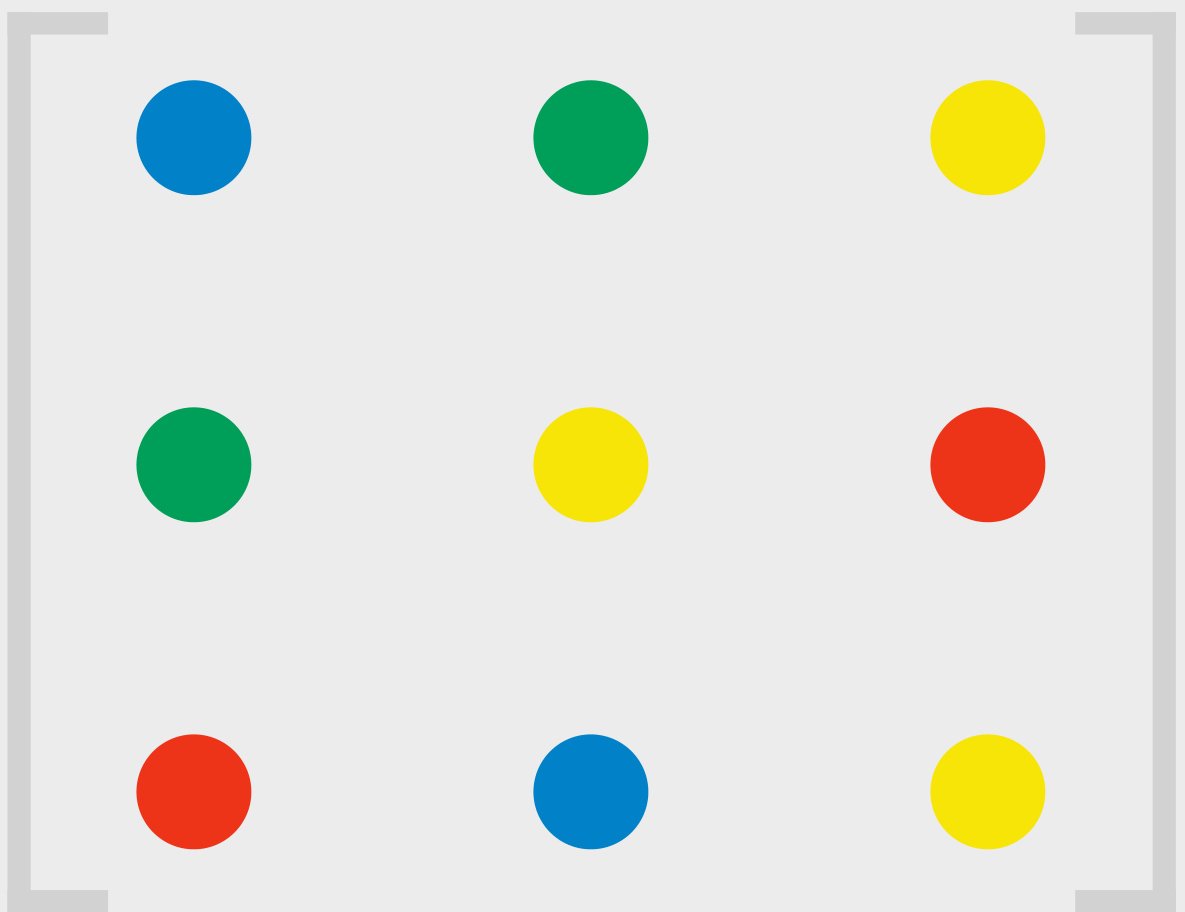Do and make are two of the most common verbs in English and also often commonly confused by non-native speakers. Firstly, it is because they both have the same meaning in Croatian: činiti or raditi. Secondly, there are numerous fixed expressions with make or do. Some of them are easily translated into Croatian and don’t present problems to non-native speakers, for example make plans (praviti planove) or do a favour (učiniti uslugu). Others are less obvious, for instance do homework (napisati domaću zadaću) or make money (zaraditi novac) and these are best learnt by heart. Here are some useful tips for correctly using do and make in various situations.
We use do when we talk about doing things in general. So, we say: ‘Let’s do something tonight’ or ‘There is nothing to do around here’. We also use it to talk about our chores, for example: ‘I have to do some housework’ or ‘I need to do my English homework’. It is also typically used with housework activities such as do the ironing (izglačati rublje) and do the dishes (oprati posude). Finally, we use do for activities that end in –ing: ‘I need to do some reading before the exam’, ‘I’m going to do some gardening this afternoon.’ Or ‘The fridge is empty. We need to do some shopping’.
Make is slightly less general, and is normally used for an activity that results in something tangible. So, you make food/breakfast/a cup of coffee/a mess/the bed/a dress. But you can also use it if you want to write or create something. In this case you will say: ‘My lawyer told me to make a will’ or ‘I made a list of all the things we may need’. But most often make means to perform: make a phone call/a decision/a mistake/a speech/progress/a suggestion.
Our lives would be easier if we could just learn these rules and apply them in every situation, but English offers us a myriad of fixed expressions and collocations made up of words which go together for no apparent reason. Here are some of the more common ones:
DO | MAKE
do good/harm | make friends
do your best | make a speech
do business with somebody | make a profit
do your hair | make a decision
do your duty | make a phone call
do your homework | make an excuse
do the ironing | make an effort/attempt
do the dishes | make an exception
do the shopping | make a mistake
do a favour | make money
Exercise 1 Are these sentences correct? If not, can you correct them?




